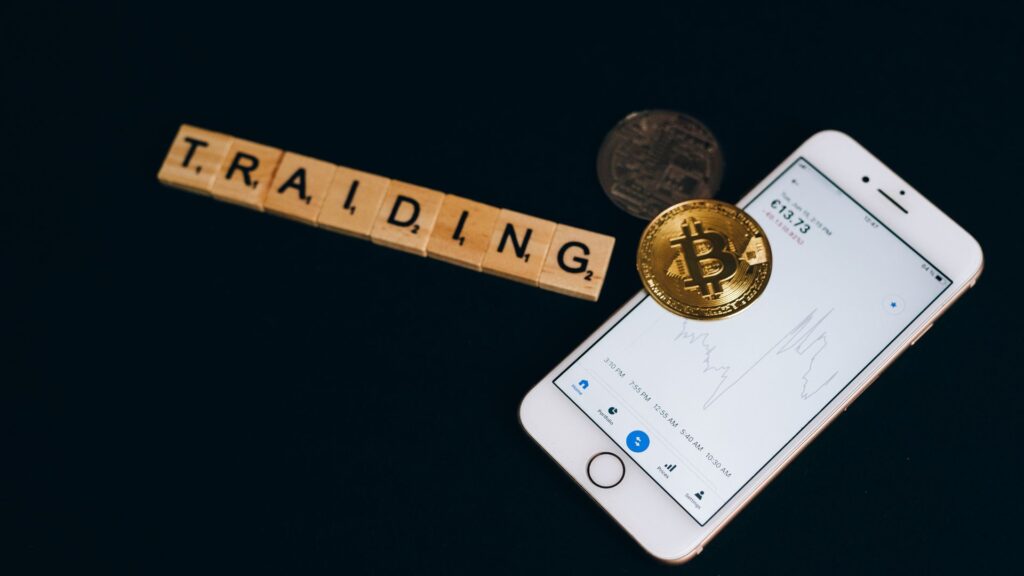Understanding how to avoid a margin call is crucial for any trader looking to succeed in the forex market. Margin calls can be a nightmare for forex traders, often leading to substantial losses and forcing a liquidation of positions.
A margin call occurs when your broker notifies you that your account’s equity has fallen below the required margin level. This typically happens when your open positions move against you, reducing your account equity to a level where it no longer meets the margin requirement. At this point, your broker may either ask you to deposit more funds or close some or all of your positions to free up margin.
Find out how the concept of margin calls and provide actionable strategies to prevent them in this article!
In This Post
How to Avoid Margin Call
To avoid a margin call, keep your leverage low and ensure your account has enough funds to handle market swings. Set stop-loss orders to limit your losses, and keep an eye on your margin level so it doesn’t drop too low. Diversifying your trades and staying updated on market news can also help you steer clear of a margin call.
Below are detailed strategies on how to avoid this problem:
1. Leverage Wisely
Leverage is a double-edged sword in forex trading. While it allows you to control larger positions with a smaller amount of capital, it also amplifies your risk.
Using excessive leverage increases your chances of triggering a margin call. Stick to lower leverage ratios, especially if you’re a beginner or if market conditions are highly volatile.
2. Maintain Adequate Account Balance
Keeping a sufficient balance in your trading account is one of the simplest ways to avoid a margin call. A well-funded account can better withstand market fluctuations, reducing the likelihood of your equity falling below the required margin level. Regularly monitor your account balance and ensure it remains above the minimum threshold required by your broker.
3. Use Stop-Loss Orders
Stop-loss orders are essential tools for managing risk. By setting a stop-loss, you can automatically exit a trade if the market moves against you, limiting your losses and preventing . Ensure that your stop-loss levels are well-calculated, considering both market volatility and your risk tolerance.

4. Diversify Your Trades
Putting all your capital into one trade or one currency pair is a recipe for disaster. Diversification helps spread risk across different assets, reducing the impact of adverse movements in any single position. By diversifying your trades, you can cushion the blow of any one trade going wrong, thus avoiding a margin call.
5. Regularly Monitor Your Margin Level
Being proactive is key to avoiding margin calls. Regularly check your margin level and equity, especially during volatile market conditions. If you notice your margin level dropping, take immediate action, such as closing some positions or adding more funds to your account.
6. Stay Informed About Market Conditions
Market news, economic data releases, and geopolitical events can all cause significant market movements. Staying informed allows you to anticipate potential risks and adjust your trading strategy accordingly. By staying ahead of the market, you can avoid sudden losses that might lead to a margin call.
The Risk of a Margin Call
A margin call is one of the most serious risks a trader can face in the forex market. When your account equity falls below the required level, your broker may issue a margin call, demanding you either deposit more funds or risk having your positions liquidated.
This forced liquidation can happen at the worst possible time, often when the market is moving against you, locking in substantial losses.
The financial impact can be severe. If your positions are closed automatically, you could lose a significant portion of your trading capital.
In extreme cases, a margin call could wipe out your entire account, leaving you with nothing but the losses. This can be particularly devastating if you’re not prepared for it, as it can destroy not only your current trades but also your confidence and ability to trade in the future.
Moreover, margin calls can also lead to psychological stress, which can cloud your judgment and lead to further mistakes. The fear of losing more money may cause you to make hasty decisions, such as overtrading or taking on even more risk, which can exacerbate the situation.
For these reasons, avoiding a margin call should be a top priority for any trader. It’s not just about preserving your capital but also about maintaining control over your trading decisions and financial future.
Proper risk management, including the use of stop-loss orders, keeping adequate funds in your account, and staying informed about market conditions, can help you avoid the catastrophic consequences of a margin call.
Frequently Asked Questions
1. What is the best leverage ratio to avoid a margin call?
The best leverage ratio to avoid a margin call is typically low, such as 10:1 or lower. Lower leverage reduces your risk by ensuring that market fluctuations have a smaller impact on your account equity, making it easier to maintain the required margin levels.
2. How do stop-loss orders help in preventing margin calls?
Stop-loss orders automatically close a trade when the market reaches a predetermined level, limiting your losses. By preventing excessive losses on a single trade, stop-loss orders help preserve your account equity, reducing the chances of triggering a margin call.
3. What should I do if I’m close to receiving a margin call?
If you’re close to receiving a margin call, consider reducing your leverage by closing some positions, adding more funds to your account, or setting tighter stop-loss orders. Monitoring your margin level closely and acting quickly can help you avoid forced liquidation of your positions.
Conclusion
Avoiding a margin call is about managing risk and being proactive in your trading approach. By leveraging wisely, maintaining a healthy account balance, using stop-loss orders, diversifying your trades, and staying informed, you can significantly reduce the risk of encountering this. Remember, the key to successful trading is not just about making profits, but also about managing losses effectively.
Take control of your trading by implementing these strategies today and steer clear of the dreaded margin call.




